
27 Jul What Permits and Regulations Are Required for Building a Commercial Structure?
Permits and Regulations Required for Building a Commercial Structure
Building a commercial structure is an exciting venture that offers opportunities for growth and prosperity for entrepreneurs and businesses alike. However, it is essential to recognize that constructing a commercial building involves much more than just architectural designs and blueprints. Before laying the foundation, developers must navigate a labyrinth of permits and regulations to ensure their project complies with legal and safety standards. In this blog post,we will delve into the key permits and regulations required for building a commercial structure, shedding light on the intricate process and offering valuable insights to aspiring developers.

Navigating the World of Commercial
Construction: Permits and Regulations
Building a commercial structure demands adherence to a range of essential requirements. Firstly, securing the necessary zoning and land use permits is crucial to ensure the intended usage aligns with local regulations. Secondly, obtaining building permits, covering aspects like structural integrity and fire safety, is vital to comply with safety codes. Environmental permits assess the potential impact on the surroundings. Ensuring accessibility permits guarantees compliance with the Americans with Disabilities Act. Signage permits govern outdoor branding. Finally, occupancy permits are essential before the building can be legally utilized. Complying with these requirements lays the foundation for a successful and legally compliant commercial project.
-
Zoning and Land Use Permits
One of the first steps in any commercial construction project is to secure the appropriate zoning and land use permits. Zoning regulations dictate how land in specific areas can be used, such as residential, commercial, industrial, or mixed-use. Obtaining the correct zoning permit ensures that the intended type of commercial structure is allowed within the designated area. Developers must conduct thorough research to understand the local zoning laws and obtain the necessary approvals from the municipal planning or zoning department.
-
Building Permits

Building permits are the backbone of any commercial construction project. These permits serveas official approval from the local building department, indicating that the proposed structure complies with all safety codes and regulations. Building permits encompass various aspects of the project, such as electrical, plumbing, structural integrity, fire safety, and environmental impact. It is crucial to submit detailed plans and specifications to the building department for thorough evaluation before construction commences.
-
Environmental Permits
Depending on the location and scope of the commercial project, developers may need to obtain environmental permits. These permits are essential to assess the potential impact of the construction on the surrounding environment, including air and water quality, wildlife habitats, and protected areas. Projects that involve significant earthwork, such as excavation and grading, often require environmental impact assessments to ensure responsible construction practices.
-
Fire Safety Permits
Fire safety is a paramount concern in any commercial building. Obtaining fire safety permits involves inspections by the local fire department to assess the adequacy of fire suppression systems, emergency exits, and other safety measures. Compliance with fire safety regulations not only protects the building’s occupants but also ensures neighboring properties are shielded from potential fire hazards.
-
Accessibility Permits (ADA Compliance)
Commercial structures must adhere to the Americans with Disabilities Act (ADA) regulations to ensure equal access for individuals with disabilities. Developers must obtain accessibility permits to certify that their building is compliant with ADA standards, encompassing features like wheelchair ramps, elevators, accessible restrooms, and designated parking spaces. Failure to meet these requirements can result in legal consequences and hinder the operation of the commercial space.
-
Signage Permits
For businesses relying on visible
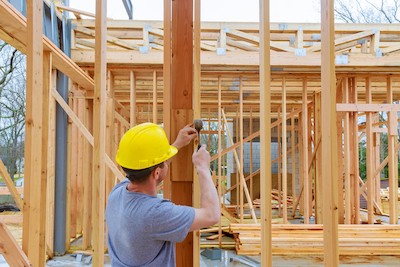 signage to attract customers, signage permits are a must.These permits govern the size, location, and design of outdoor signage, ensuring that they adhere to local aesthetics and safety standards. Some areas may have restrictions on the number and type of signs, particularly in historical or scenic locations, making it vital to secure the necessary approvals before installing any exterior branding.
signage to attract customers, signage permits are a must.These permits govern the size, location, and design of outdoor signage, ensuring that they adhere to local aesthetics and safety standards. Some areas may have restrictions on the number and type of signs, particularly in historical or scenic locations, making it vital to secure the necessary approvals before installing any exterior branding.
-
Occupancy Permits
Before the commercial structure can be put to use, developers must acquire occupancy permits. These permits are issued after the local building department conducts a final inspection to ensure that the building complies with all codes and regulations. An occupancy permit is a green light to start operating the business, and without it, the building may not be legally occupied or utilized for its intended purpose.
Conclusion
Embarking on a commercial construction project requires meticulous planning and adherence to numerous permits and regulations. From zoning and land use permits to occupancy permits, each step in the process is vital to ensure the safety, legality, and environmental responsibility of the project. Aspiring developers and business owners must collaborate closely with local authorities, architects, and construction professionals to navigate this complex landscape successfully. By diligently securing the required permits and meeting all regulations, developers can lay the foundation for a thriving and compliant commercial structure that contributes positively to the local community and economy.
Ascend Commercial Builders Services is the ideal partner to navigate the complexities of building a commercial structure and ensure a smooth and successful construction process. With our expertise and knowledge of local regulations, we can assist in securing the necessary permits, from zoning and land use to building, fire safety, and environmental permits. Ascend’s team is well-versed in ADA compliance, ensuring the commercial structure is accessible to all. Moreover, we can guide clients through the intricacies of obtaining signage and occupancy permits, ensuring that the project meets all legal requirements. With Ascend Commercial Builders Services by your side, you can trust that your commercial construction project will be executed with precision and compliance, setting the stage for long-term success.
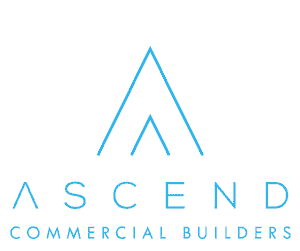
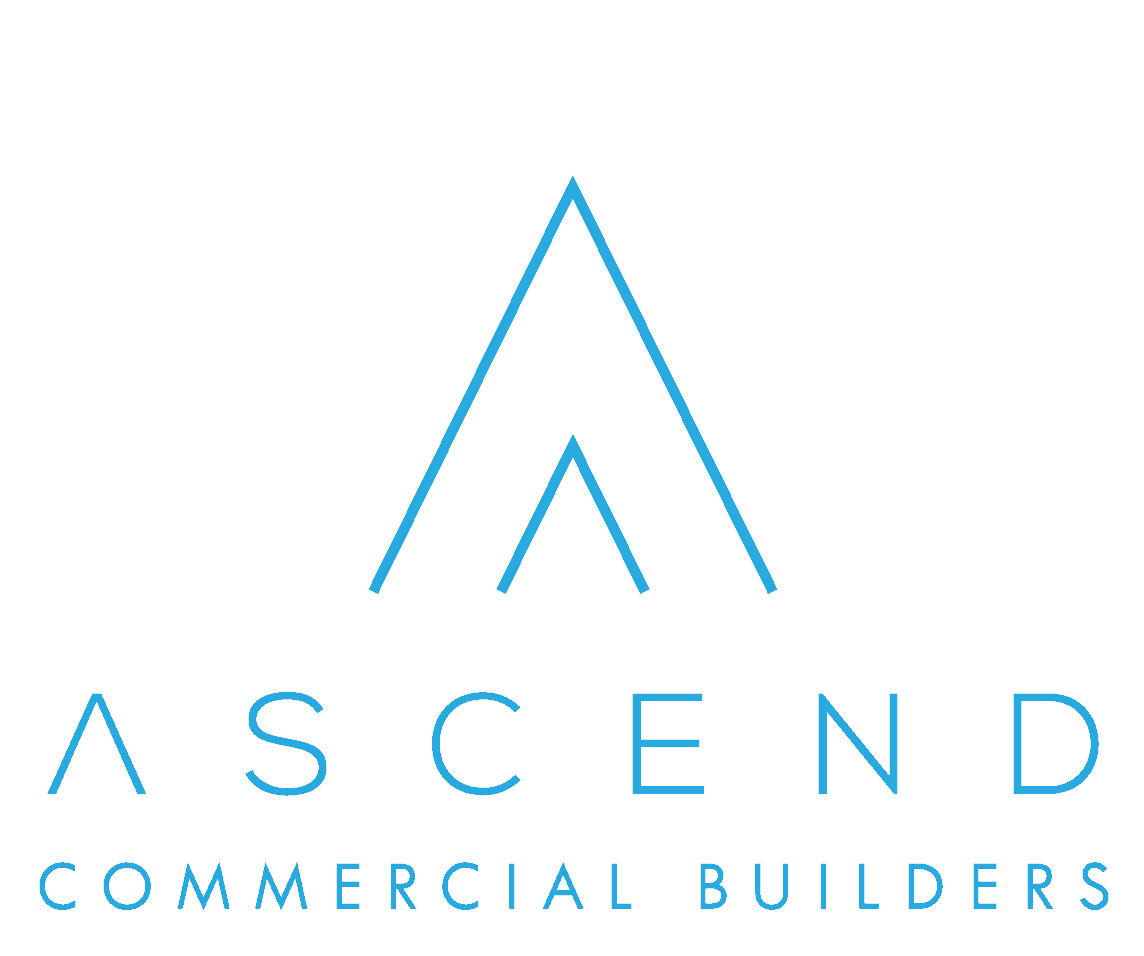
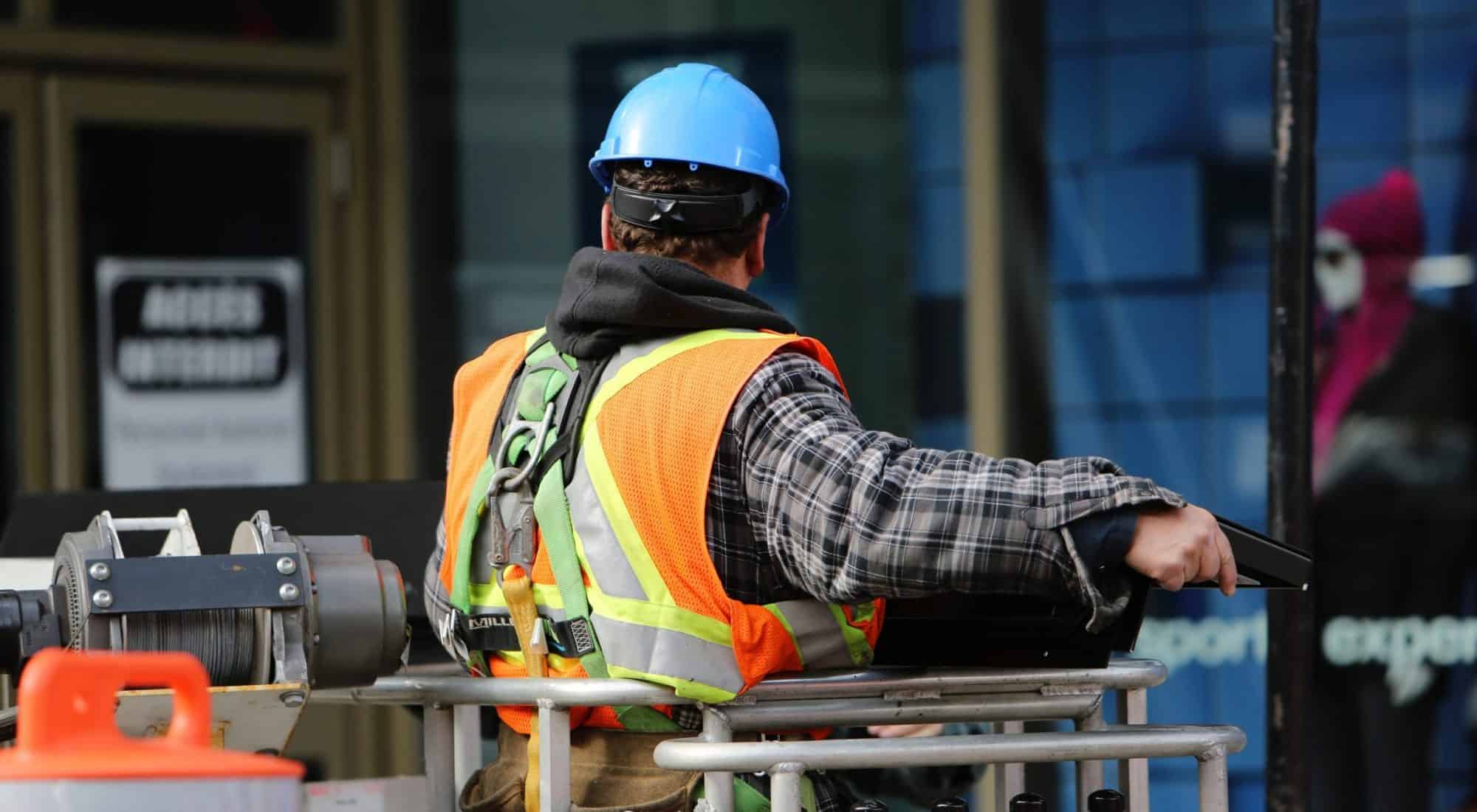
Sorry, the comment form is closed at this time.